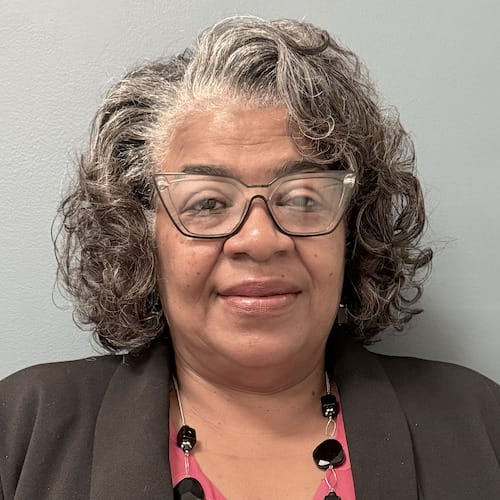
When a new year dawns, it brings many opportunities, personally and professionally. Now, as executive directors at senior living communities continue to consider ways in which their communities can grow, much attention rightly turns to their teams. Building and retaining strong teams is both an immense challenge and opportunity at senior living communities.
Effective teams deliver the compassion and support that residents and their loved ones deserve. Great teams also ensure that a community runs efficiently and hits its benchmarks.
How do you build and empower great teams? Several lessons apply in all senior living settings and would make great goals for executive directors in 2024.
Build your team
Finding the right team members can feel like a daunting task. Competition is fierce for employees, and some factors that can’t be controlled by an executive director — such as market saturation or the community’s physical location — can seem especially challenging.
Building a team and recruiting new members really starts with a community’s culture and values. It’s important to create a supportive and engaging environment where team members feel invested in success and are recognized for their work.
Focus on supporting your current staff members as well. When existing employees are happy and feel connected, they can become your greatest advocates. Not only will they tell others about their experiences, but a potential hire is going to see and feel the effects of a positive work environment even during an interview.
Creating that positive environment and building a strong team starts with the executive director. Model the behavior you want to see, and lead by example. Demonstrate the work ethic you want to see, and have an open-door policy so team members feel comfortable coming to you when they’re excelling or struggling.
Empower your team
Empowerment is foundation of successful and thriving teams at senior living communities. It all starts by facilitating collaboration and creating trust among all team members. Executive directors are so important in this regard, because they set the tone for everyone else on the team. You need to lead by example and understand that your actions, such as the ways in which you interact with your staff, are what everyone else will follow.
Most importantly, make it clear to your team that you’re invested in their success. I constantly tell my team, “If you’re not growing, I’m not doing my job.” That’s a powerful statement and creates accountability both for me as the executive director and for my team. We need to work together to ensure that they have the skills needed to perform at a high level and continue to grow.
Setting clear and obtainable goals is an important best practice. Make those goals realistic and measurable so you can track progress and assess why something is or isn’t working. For example, if a team member is struggling with his or her position, then review the person’s goals and how he or she works. Perhaps you need to set new goals or make projects appear more manageable. It could be an issue of clarifying expectations and exact tactics that someone needs to complete.
Delegation is another valuable best practice. If executive directors truly want to empower their teams, then they need to provide opportunities for team members to problem-solve and think strategically. Assign challenging tasks that push your team, but also be available if members need support.
Executive directors also must be able to balance providing that support and guidance without micro-managing their teams. For example, challenge team members to aim higher with their programming and to get more creative. Encourage them to create “wow” moments for residents.
Finally, don’t forget the power of recognition. Executive directors should be cheerleaders for their teams. Build morale, and give shout-outs when they are earned. Publicly acknowledge good work and privately counsel a team member when he or she is struggling.
Simply put, empowered teams deliver better care for residents. Those teams are stronger and more collaborative, and members hold each other accountable. That’s why executive directors should prioritize building and empowering their team members.
Tonya Headen-Lee, CDP is the executive director of Spring Arbor of Apex in Apex, NC, and has more than 11 years of experience in leadership positions at senior living communities. She can be contacted at [email protected].
The opinions expressed in each McKnight’s Senior Living guest column are those of the author and are not necessarily those of McKnight’s Senior Living.
Have a column idea? See our submission guidelines here.


